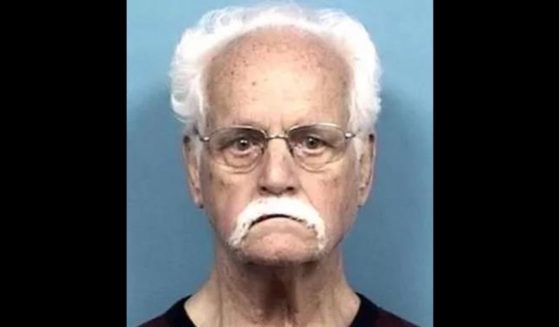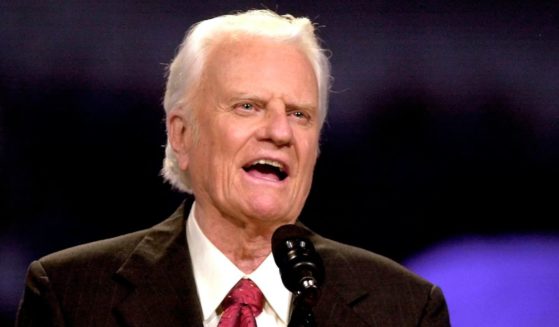Mysterious Cause of OCD May Have Just Been Revealed: Study
Scientists at the University of Cambridge have identified a chemical imbalance in the brains of patients suffering from obsessive-compulsive disorder.
OCD affects about 2 percent of the population, including over 2 million adults in the U.S., according to the Anxiety & Depression Association of America.
Symptoms include an obsession with cleanliness, aggressive impulses, or a need for symmetry.
“Common compulsions include checking, washing/cleaning, and arranging. There isn’t always a logical connection between obsessions and compulsions. Often people with OCD experience a variety of obsessions and compulsions,” the ADAA says.
“If left untreated, OCD can be chronic and can interfere with a person’s normal routine, schoolwork, job, family, or social activities.”
Professor Trevor Robbins of Cambridge’s Department of Psychology, the senior author of the new study, said, “Symptoms of intrusive thoughts and repetitive rituals can confine patients to their homes for months on end.”
“In extreme cases, the lack of control and sense of hopelessness caused by OCD can result in thoughts of suicide,” the university said in a report on the study, adding that current treatments for the condition are limited.
Researchers in the study scanned the brains of 31 people diagnosed with OCD and 30 healthy volunteers.
The results showed that the balance between two chemicals — glutamate and GABA — is “disrupted” in the frontal lobes of people suffering from OCD.
“Glutamate is an ‘excitatory’ neurochemical: it facilitates electrical impulses that fire neurons to send information around brain networks. GABA is an ‘inhibitory’ neurotransmitter that works in opposition to glutamate by dampening neural excitability, creating a balance,” the school said.
“OCD sufferers had higher levels of glutamate and lower levels of GABA … compared to people without OCD.”
So raised levels of glutamate may prove to be a sign of OCD.
Robbins believes the study’s findings are a major breakthrough in treating the condition.
“Understanding obsessive-compulsive disorder is a central question for psychiatry. We have now shown definitive changes in these key neurotransmitters in OCD sufferers,” he said.
“Our findings are a major piece of the puzzle for understanding the mechanisms behind OCD,” the professor added.
“The results suggest new strategies for medication in OCD based on available drugs that regulate glutamate.”
Truth and Accuracy
We are committed to truth and accuracy in all of our journalism. Read our editorial standards.












